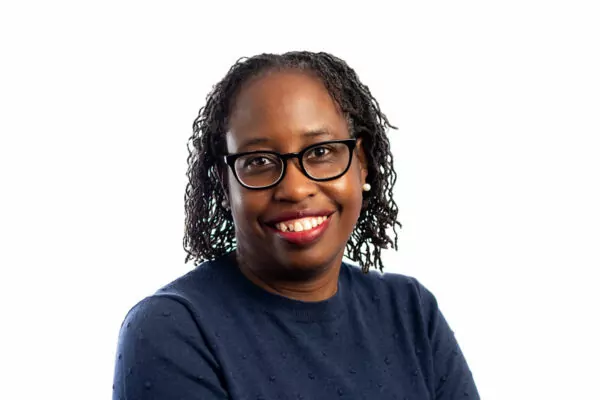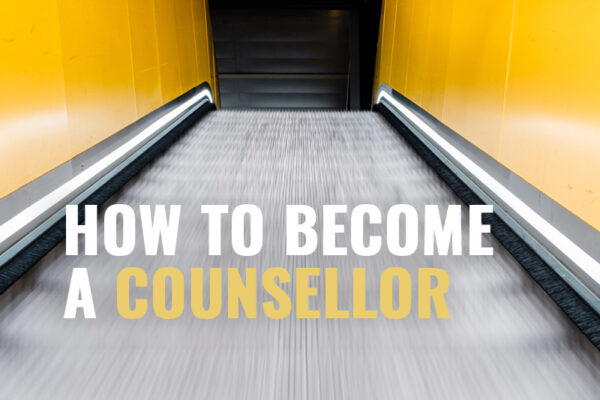Bonny Allyson is Lead Tutor for The Awareness Centre’s Foundation Certificate in Counselling. For Black History Month, she reflects on being a mixed-race, intercultural counsellor and tutor.
My background
I qualified 20 years ago as a therapist. My core modalities are psychodynamic and humanistic, plus a year of intercultural training. I was interested in my unique mix – my mum is Nigerian and my dad is Jewish – and I thought what better than to specialise as an intercultural therapist.
Being dual heritage
Because of the shade of my skin, a lot of people think I’m Spanish or Mexican. If it does come up and I might self-disclose, usually European white people are shocked, while people of colour say ‘yeah, I can tell because of your features’. I can almost be what people need me to be because of my shade. This can be confusing and frustrating, though.
Experiencing racism
I am the lightest in my family. My siblings are much darker than me. My culture and community were West Indian, and I was told by various family members growing up that I didn’t look black enough. Some treated me as white trying to be black, and there were some quite offensive terms for that. I didn’t fit in with my white family either, because I didn’t follow traditions and I wasn’t raised Jewish.
So, I grew up with a lot of racism unfortunately from black and white communities. I stood out and looked different, and I was made to feel different. I felt rejected and didn’t know where I belonged. It was only in my late teens that I started thinking about just being myself. While it would be nice to fit in, I now don’t need to fit in anywhere.
Teaching on the Foundation Certificate
I love teaching the Foundation year of counselling. I enjoy being the first person that people meet on their journey. It’s nice to be part of helping people grow into therapists and to watch them challenge themselves and the beliefs they grew up with. I can just see those lightbulb moments beginning to challenge who they thought they were. The whole experience can be life changing.
Diversity among counselling students
I am seeing much more diversity on the counselling courses I teach. It just makes me smile and feel warm on the inside that more and more communities are being represented in counselling. In a couple of my classes I can see that and it brings a lump to my throat because it’s beautiful and it’s been a long time in the making.
Teaching EDI
We can cover every aspect of diversity, but because it’s such a passionate, deep, intense subject for some people it may be triggering – and if it triggers something for one person there can be a ripple effect.
As a tutor it can be tough and a challenge in the classroom. Students can be rigid and dogmatic in their beliefs and principles. They can think they’re ‘right’ and look to me to ‘correct’ people they think are ‘wrong’. Except there are no rights or wrongs. And this is why we need to be aware of what can come up and what our limits are because we will be challenged in the counselling room by our clients.
As a tutor I have to take a breath sometimes but just believe in myself and know that I know how to contain the process. You’ve just got to be prepared organically for something to come out of the space – the richness, the raw stuff – and you go with it.
Working as an intercultural therapist
The main thing is always to highlight similarities and differences right at the start, in case they need to come in at a later point. Always be open to learning about the client from the client. You can do as much reading as you want about the person – their culture, religion or sexuality – but you’re not going to pick up everything. It’s about putting yourself in a vulnerable position, and about being open and congruent, because the client is the expert on themselves. I also find that people would rather you asked, because you’re showing interest and being considerate of who they are.
My advice for trainee therapists
My whole world revolves around seeing clients, supervising and teaching. Becoming a therapist is one of the best things I’ve ever done. No matter how many clients I’ve seen, or how many clients I’m going to see… holding that space for someone and bearing witness is so profound and powerful. So, no matter how hard the training gets – and it will get hard – just know that it will be worth it in the end.







